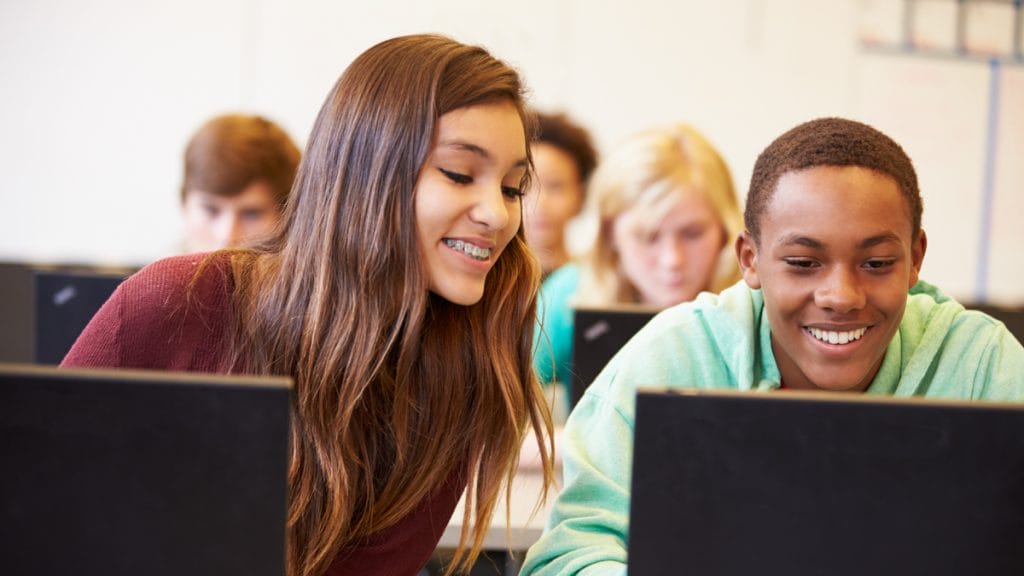Non-graded upper secondary school teaching, which means studying without specific class divisions, highlights the individuality of each student. The increasing freedom means also more responsibility. The school will guide and help the students to draw up plans and make choices, but at the end of the day, each student is responsible for their own decisions. General instructions and guidelines related to studying are discussed in, for example, common group instruction sessions. Guidance and counselling related to subject studies is provided in connection with subject teaching. The students must take part in the teaching unless they have been granted an exemption. The teacher will keep record of absences. If you wish to complete a course through independent work, discuss the matter with the course teacher.
Study period
General upper secondary school education can be completed in 2–4 years. Students usually complete their upper secondary school studies in three years.
Study plan
Students can revise their personal study plan and course selections throughout the academic year. The students can monitor their own performance through the Wilma system. The students can also use Wilma to check their weekly or periodical timetable. The parents/guardians of under-aged students are given the parent/guardian credentials to Wilma.
Syllabus
The entire general upper secondary school syllabus comprises a minimum of 75 courses. Moreover, the upper secondary school syllabus must also include at least 10 national specialisation courses. The course contents are described in the curriculum and the course description section of the study guide. The curriculum and course descriptions can be found on the website of the upper secondary school. Students starting their studies after the autumn of 2016 will study in accordance with the new curriculum.
During the first year, students can make preliminary plans for the contents of their Matriculation Examination. The plans for participating in the Matriculation Examination and completing the upper secondary education syllabus will be further specified during the second year of upper secondary studies.
The upper secondary school organises different gatherings and events. Such events can include, for example, concerts, plays, spring and autumn graduation festivities and other events and trips. These events form a part of the upper secondary school activities and the students are obligated to take part in them.
